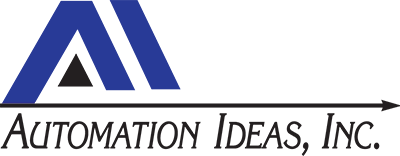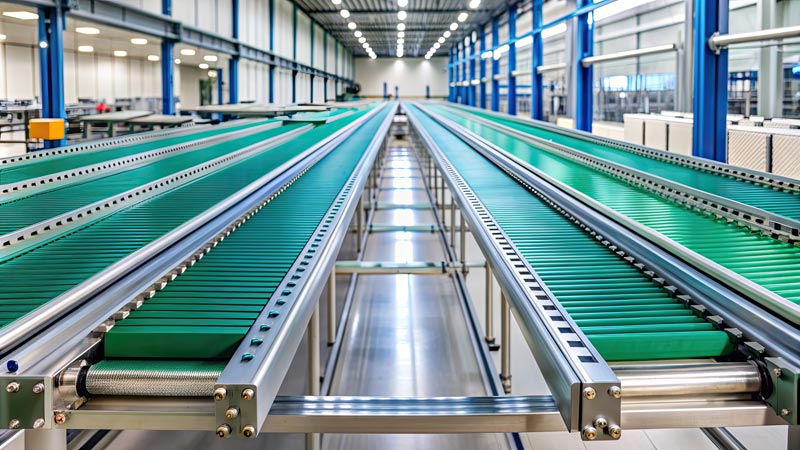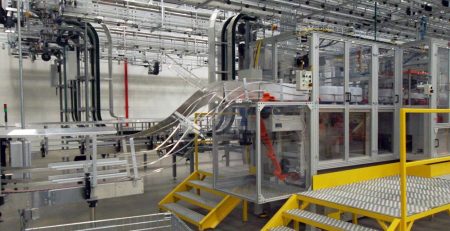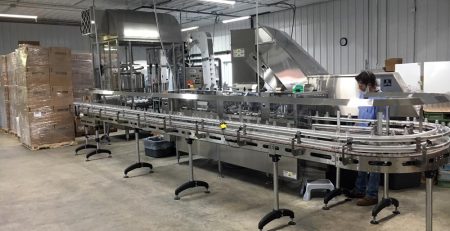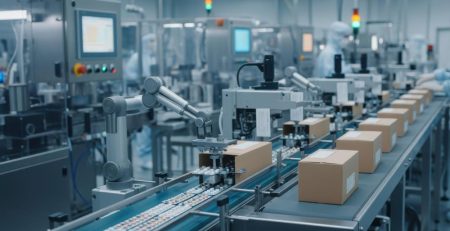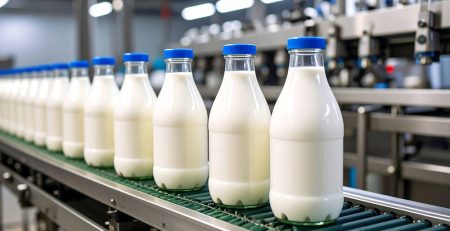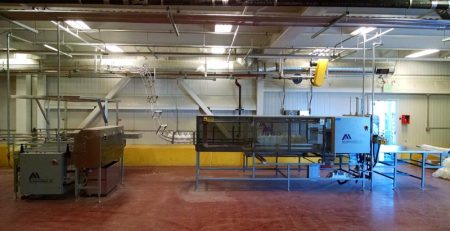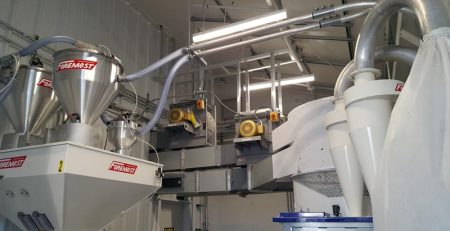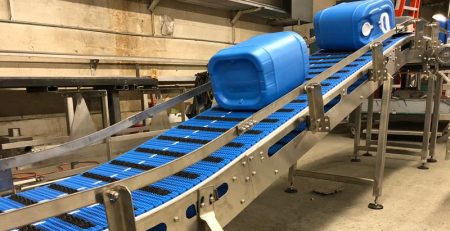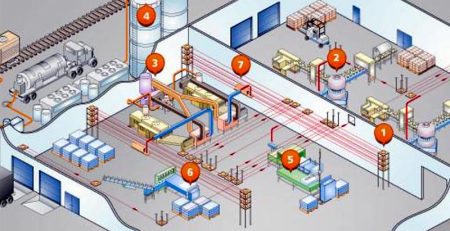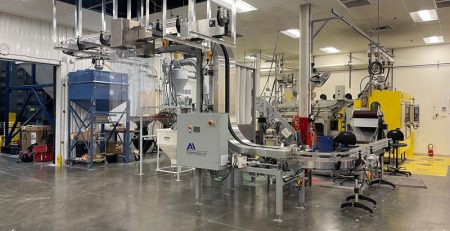Material handling technologies play a crucial role in the efficiency and effectiveness of logistics, operations. For businesses aiming to optimize their operations, selecting durable material handling technologies is essential to ensure long-term performance, minimize downtime, and achieve a good return on investment. Durable technologies are designed to withstand the rigors of daily use, offer reliable performance, and adapt to evolving business needs.
This comprehensive guide explores the factors to consider when selecting durable material handling technologies and provides insights into making informed decisions.
Understanding the Importance of Durability
Durability in material handling technologies refers to their ability to perform consistently over time under various conditions, including high workloads, environmental stressors, and frequent use. Choosing durable technologies is crucial for several reasons:
- Longevity: Durable technologies have a longer operational lifespan, reducing the frequency and cost of replacements and repairs.
- Reliability: Reliable equipment minimizes the risk of breakdowns and operational disruptions, leading to smoother workflows and enhanced productivity.
- Cost Efficiency: Investing in durable technologies often results in lower total cost of ownership, as they typically require fewer repairs and replacements over their lifespan.
- Safety: Well-built, durable equipment is less likely to fail unexpectedly, reducing the risk of accidents and injuries in the workplace.
Key Factors to Consider
When selecting durable material handling technologies, businesses should evaluate several key factors to ensure they make an informed decision:
1.) Load Capacity and Specifications
- Assess Load Requirements: Determine the maximum weight and size of the materials to be handled. Ensure that the equipment can accommodate these requirements without overloading.
- Review Manufacturer Specifications: Check the manufacturer’s specifications and ratings to ensure the equipment meets your load capacity needs and is designed for heavy-duty use.
2.) Material and Build Quality
- Choose High-Quality Materials: Opt for equipment made from robust materials such as heavy-duty steel or reinforced composites. These materials offer enhanced strength and resistance to wear and tear.
- Inspect Construction: Evaluate the construction quality of the equipment, including welds, joints, and components, to ensure it is built to withstand demanding conditions.
3.) Maintenance and Support
- Consider Maintenance Requirements: Choose equipment that is easy to maintain and service. Look for technologies that offer straightforward maintenance procedures and readily available parts.
- Evaluate Vendor Support: Select suppliers that provide comprehensive support services, including warranty coverage, technical assistance, and repair services.
4.) Technology and Innovation
- Evaluate Technological Features: Consider modern technologies and innovations that enhance durability, such as advanced control systems, predictive maintenance features, and high-quality components.
- Assess Compatibility: Ensure that the equipment integrates well with existing systems and infrastructure, minimizing the need for modifications or additional investments.
5.) Environmental Conditions
- Analyze Operating Environment: Evaluate the environmental conditions where the equipment will be used, such as temperature, humidity, and exposure to corrosive substances. Choose technologies that are designed to perform reliably under these conditions.
- Consider Protective Features: Look for equipment with protective features such as corrosion-resistant coatings, sealed components, and dust-proof designs.
6.) Cost vs. Value
- Compare Costs: While initial cost is an important factor, consider the long-term value of the investment. Evaluate the total cost of ownership, including maintenance, repair, and operational costs.
- Assess Return on Investment: Determine the potential return on investment by considering how the equipment will contribute to improved efficiency, reduced downtime, and overall productivity.
“Durable material handling solutions not only enhance operational efficiency and productivity but also contribute to safety and cost savings, ultimately supporting the growth and success of the business.”
Types of Durable Material Handling Technologies
1.) Industrial Conveyor Systems
- Heavy-Duty Conveyors: For high-load applications, heavy-duty conveyor systems made from robust materials such as steel or reinforced plastic offer durability and reliable performance. Consider modular conveyor systems for flexibility and ease of maintenance.
- Overhead Conveyors: Overhead conveyor systems are ideal for space-constrained environments and can handle heavy loads while maintaining floor space efficiency.
2.) Automated Guided Vehicles (AGVs)
- Robust AGVs: Select AGVs with durable frames, high-quality wheels, and advanced navigation systems designed to handle heavy materials and navigate complex environments. Look for AGVs with long battery life and reliable performance.
3.) Pallet Racking Systems
- Selective Racking: For flexibility and durability, selective pallet racking systems made from heavy-duty steel offer easy access to all stored items and can support high loads.
- Drive-In/Drive-Through Racks: These systems are ideal for high-density storage and provide durable solutions for managing large quantities of similar products.
4.) Forklifts and Lift Trucks
- Heavy-Duty Forklifts: Choose forklifts with robust frames, high-quality hydraulic systems, and durable tires designed to handle heavy loads and challenging working conditions.
- Electric vs. Internal Combustion: Evaluate the benefits of electric forklifts (e.g., lower maintenance and cleaner operation) versus internal combustion forklifts (e.g., higher load capacities and suitability for outdoor use).
5.) Packaging and Palletizing Systems
- Automated Palletizers: Durable automated palletizers designed for high-speed operations can improve efficiency and reduce manual handling. Look for systems with reliable performance and minimal maintenance requirements.
- Stretch Wrapping Machines: Invest in stretch wrapping machines with durable components and advanced features to ensure consistent and reliable wrapping of products.
Best Practices for Selecting Durable Technologies
1.) Conduct Thorough Research
- Market Research: Research various technologies and suppliers to identify options that meet your durability requirements. Read reviews, case studies, and product specifications.
- Vendor Comparisons: Compare different vendors based on their reputation, product offerings, and support services.
2.) Seek Expert Advice
- Consult with Experts: Engage with industry experts or consultants who can provide insights and recommendations based on your specific needs and operational requirements.
3.) Request Demonstrations
- Product Demonstrations: Request demonstrations or trials of the equipment to assess its performance, durability, and suitability for your operations.
4.) Evaluate Long-Term Performance
- Track Performance Metrics: Monitor the performance and durability of the selected technologies over time to ensure they meet your expectations and provide value.
Material Handling Technologies from Automation Ideas
Selecting durable material handling technologies is essential for new businesses seeking to optimize their operations and achieve long-term success. By considering factors such as load capacity, material quality, maintenance requirements, environmental conditions, and cost versus value, businesses can make informed decisions and invest in technologies that offer reliable performance and longevity.
Durable material handling solutions not only enhance operational efficiency and productivity but also contribute to safety and cost savings, ultimately supporting the growth and success of the business. As technology continues to advance, staying informed and making strategic investments in durable equipment will be key to maintaining a competitive edge and achieving operational excellence.
If you are interested in our material handling solutions, or would like to learn more about any of our automation equipment, please contact us here or give our dedicated support team a call at (616) 874-4041.
